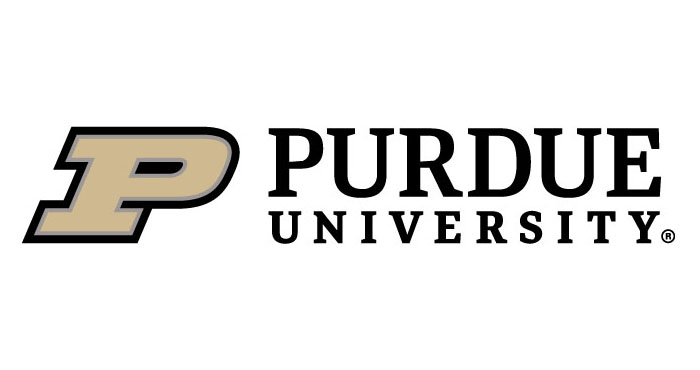
Hilton Pushes Responsible Business Travel
[ad_1]
Change Take
Today’s edition of Skift’s daily podcast looks at Hilton’s help for corporate Travel departments, Latam’s strong earnings, and Fora Travel’s courting of new agents.
Rashad Jorden
Good morning from Skift. It’s Wednesday, August 31. Here’s what you need to know about the business of travel today.
Listen Now
🎧 Subscribe
Apple Podcasts | Spotify | Overcast | Google Podcasts
Episode Notes
South America’s largest carrier Latam Airlines Group has recorded its first pandemic-era profit, and the company is poised for a bigger boost due to the continent’s faster-than-expected travel recovery, reports Edward Russell, editor of Airline Weekly, a Skift brand.
Latam posted a $273 million profit in July, its first monthly profit since the start of the pandemic. The Chile-based company attributed its successful month to surging travel demand. Passenger traffic in South America was just 14 percent below 2019 levels in June while the Brazilian domestic market was just down 4 percent. Travel demand in Brazil, which has one of the world’s largest domestic markets, is expected to surge, Russell notes.
While Latam anticipates being in the red for 2022, Russell adds the carrier expects to get a significant boon from its new partnership with Delta Air Lines. The joint venture will enable both airlines to coordinate flights between the U.S. and South America as well as share revenues and expenses.
Next, despite repeatedly emphasizing sustainability to its corporate clients, Hilton has found not all corporations take the matter seriously. So the hotel giant is pushing its corporate responsibility platform to help travel managers better understand their environmental impact, reports Corporate Travel Editor Matthew Parsons.
Hilton’s LightStay platform enables the company’s managed and franchised hotels to report figures such as energy, water and waste data on a monthly basis. However, one senior executive said not all corporations were asking for such pieces of information. As Parsons writes that green travel goals will fall short without full buy-in across the hospitality industry, Hilton is pushing the platform’s sustainability certifications to its corporate clients.
Those certifications could be crucial to convincing customers that the sustainability data Hilton provides is useful rather than confusing, Parsons adds.
We wrap up today looking at a company that aims to reinvent the travel agency and the role of travel agents. Executive Editor Dennis Schaal delves into the business model of Fora Travel, which is heavily targeting prospective agents new to the travel industry.
Fora Travel, which has raised $18.5 million in venture funding, has been vocal about its goal to add 100,000 agents to the industry. The company, unlike other travel agencies, provides modest training to candidates before they start selling trips, largely as a side hustle. Although Fora Travel will eventually charge a membership fee for travel agents, co-founder Evan Frank said its business model will be driven by hotel commissions and trips.
[ad_2]
Source link


